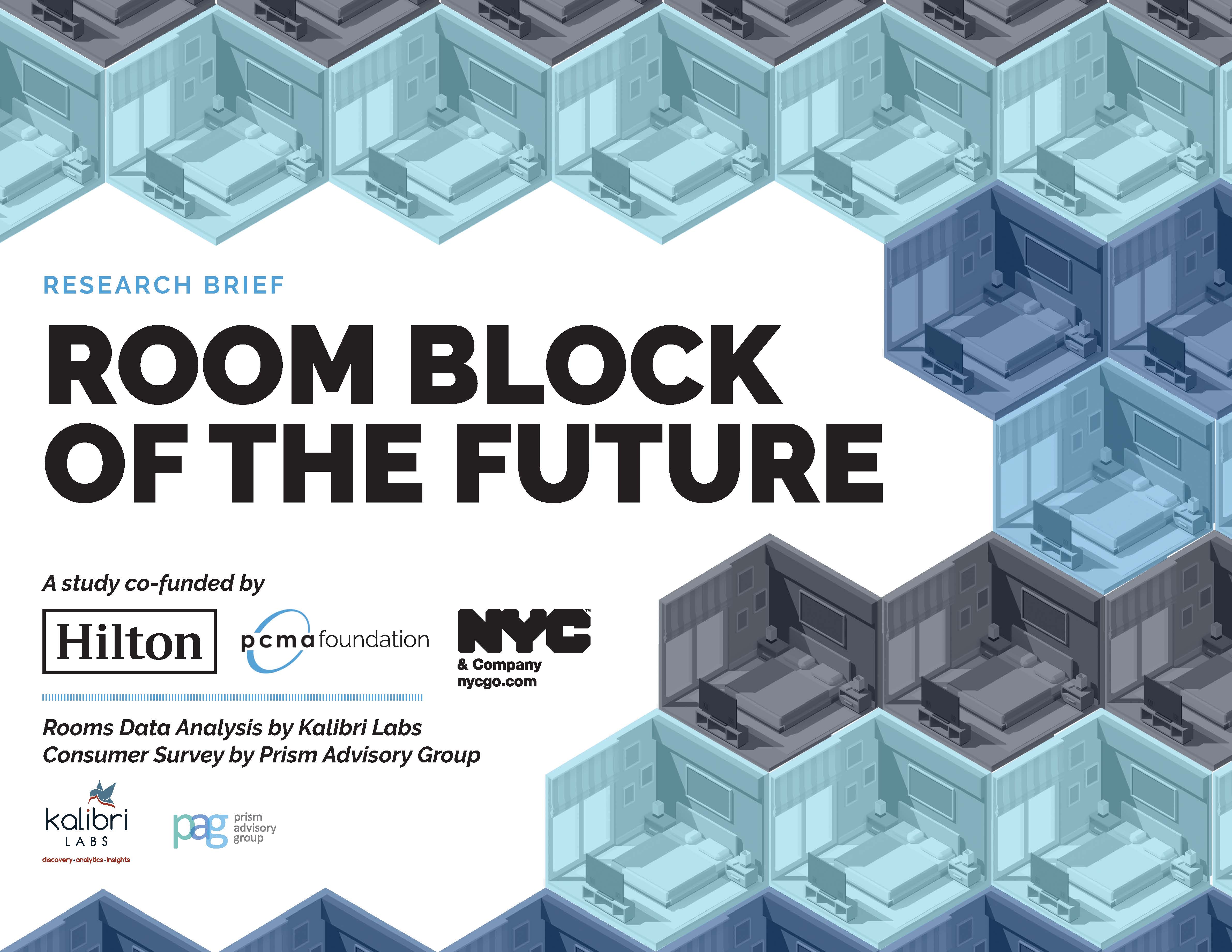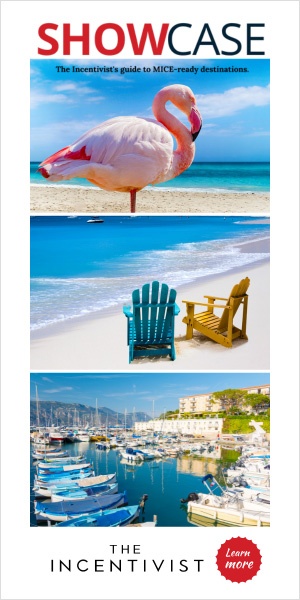Approximately half of all delegates attending large-scale, urban conventions in the United States are circumventing the established room-reservation process and booking accommodations on their own, according to a new research study released this week.
“The Room Block of the Future” study was conceived of and funded by Hilton, NYC & Company and PCMA Foundation with the goal of better understanding room booking behaviours within the business events industry and the hope of developing a delivery system that better suits planner and attendee needs in an ever-evolving meetings landscape.

Kalibri Labs and Prism Advisory Group, the lead research consultants on the project, jointly analyzed more than two million anonymous hotel and Airbnb guest records from conventions held in Houston, New York City and San Diego between 2015 and 2018 in addition to surveying a sample of U.S. business travellers who have attended a city-wide convention.
Mark Lomanno, partner at Kalibri Labs, said one of the more surprising findings from the research was the fact that almost 25 per cent of attendees at large city-wide conventions actually booked their accommodations at the hotels specified in the room blocks, but didn’t go through the traditional room reservation process resulting in them not being recognized in the room block. “Clearly, this segment of attendees room booking priorities were not being met by the existing process.”
Elaine Hendricks, partner at Prism Advisory Group, added, “It was very unexpected to learn from the survey of city-wide attendees just how much it bothers them to lose control of their hotel-booking process—being generally unable to do the things they normally do in hotel bookings such as accessing their loyalty benefits. It’s this desire for control that creates frustration and prompts a quarter of them to make transient bookings in convention hotels to get what they want.”
Loyalty, Cost, Choice and Age
The study revealed three key findings:
- 50% of city-wide convention attendees book through the conference organizer’s room reservation system.
- 25% book in hotels designated as part of the room block, but not through the conference room reservation system.
- 25% book in hotels that are not in the room block or in alternate accommodations.
The factors behind attendee booking decisions were based on cost, loyalty, room choice and age.
Misperception of Cost: The study found that attendees perceive hotel rooms within the block as being more expensive. This perception affected booking patterns across different sizes and types of conferences. However, research proves that in a majority of cases (66 per cent), rooms within the block are more affordable.
Loss of Loyalty Points: An inability to enter in a loyalty program number was among the top reasons attendees booked in hotels that are part of the room block, but not through the conference organizer’s reservation system.
Room Choice: Lack of room variety is another factor affecting booking patterns. Among many business travellers, a perceived rigidness and the inability to choose a preferred room type played a role.
Age: Overall, younger attendees (59 per cent) are more likely to use alternative accommodations like Airbnb.
Advancing the Industry
The “Room Block of the Future” study is just one of the many research projects supported by PCMA Foundation. Meredith Rollins, the foundation’s executive director, explains that part of its mission is to collaborate with industry partners, thought leaders, and academics to challenge current thinking and models. “The organizations that aligned to fund and execute this room block project is a great example of the value that can be created when we work together.”
Frank Passanante, senior vice-president, Hilton Worldwide Sales, America, said, “Partnering with PCMA Foundation and NYC & Company on this project was a natural collaboration as we are all committed to innovating within the room block space and know true innovation will only occur after understanding the buying behaviours and needs of the guest or conference attendee. We all recognize the meetings industry is rapidly evolving and that it’s crucial to adapt to changing customers preferences to maintain relevance.”
Research findings can also shift how cities, hospitality organizations and business events professionals organize meetings and conferences.
“The results of ‘The Room Block of the Future’ reflect a shift in the industry that CVBs must adapt to,” said Jerry Cito, executive vice-president of convention development, NYC & Company. “The findings will help NYC & Company educate planners and suppliers on the need for flexibility, pricing transparency and potential development of a cross-loyalty program.”
Download a full copy of the report here.















